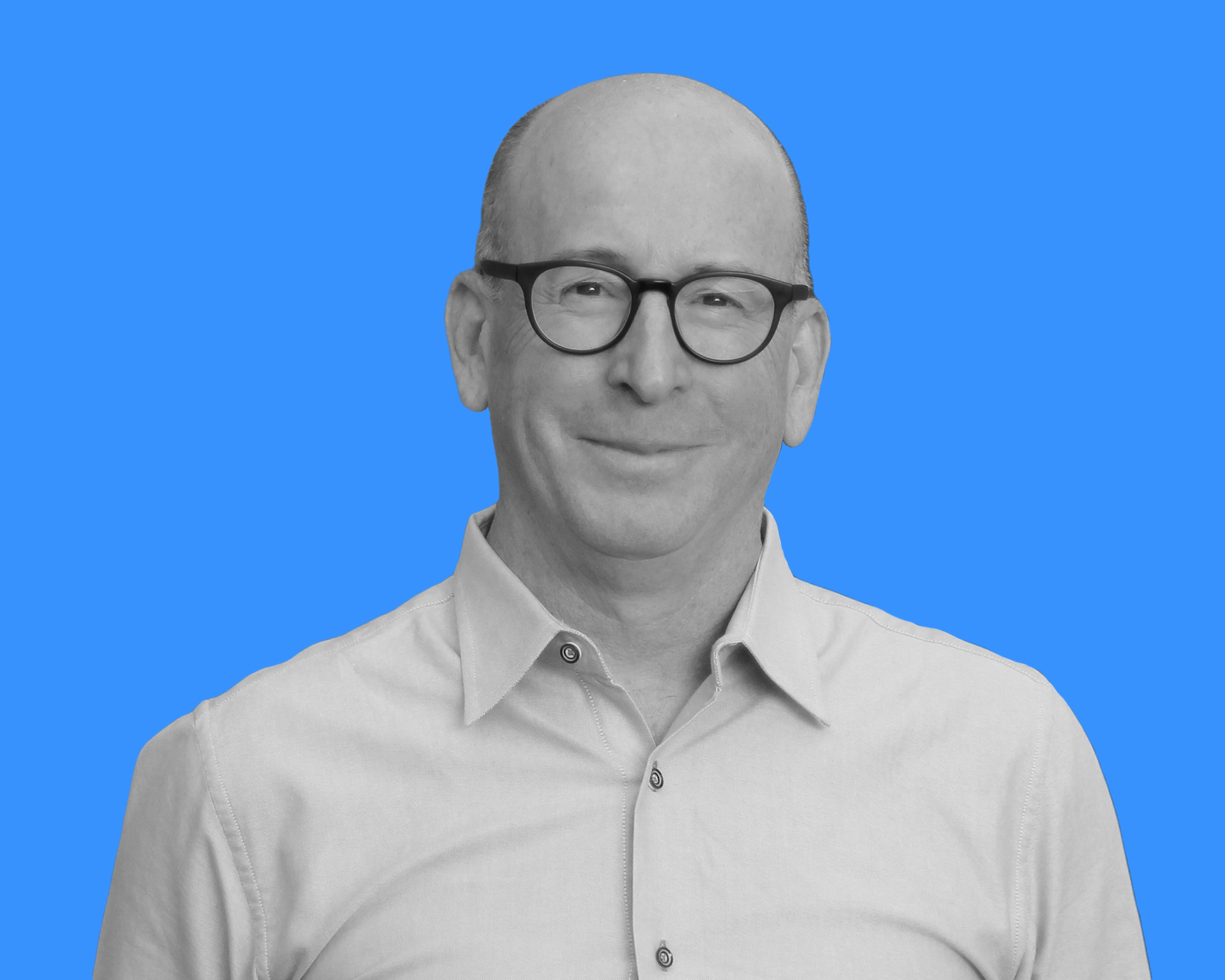“A Living” Through Labor: A Q&A with Michael Stein
Michael Stein discusses his new book, "A Living," and how conversations about work can deepen our understanding of health inequities.

Read Time: 5 minutes
Published:
Translating public health into a compelling story can be difficult. The field focuses on population-level trends and statistics—concepts that don’t always resonate on a personal level. People don’t inherently relate to numbers; they do relate to stories.
In his latest book, A Living: Working Class Americans Talk to Their Doctor, Michael Stein grounds public health in human experience. A primary care physician, health policy researcher, author, and dean ad interim of Boston University School of Public Health, Stein draws from conversations with his patients, specifically those who perform manual labor, to explore how work shapes health and identity.
Between essays on broader public health themes, A Living features short vignettes: portraits of workers discussing their jobs, their injuries, their pride, and their pain. “They’re little artifacts,” Stein says of the book’s style. “They’re tombstone rubbings of these people. Together, they form a collage that gives the reader a little taste of their reality.”
The collage of conversations captures the frustrations, risks, and disappointments, as well as the sense of accomplishment and identity that people glean from blue-collar work. The stories illuminate the dignity of labor while exposing how systemic forces, including economic pressures, lack of health care access, and shifting labor markets, shape workers’ physical and mental health.
Public Health Post sat down with Stein to discuss the book, as well as how conversations about work can improve medical care, deepen our understanding of health inequities, and bridge political divides.
Public Health Post: Throughout the book, you talk with people working in construction, commercial fishing, and restaurant kitchens. How did your view of work in general, and manual labor in particular, change through these conversations?
Michael Stein: People take pride in their work and find the products of their work worthwhile. In some ways, this pride can compensate for how unpleasant and hard the work is. I don’t want to romanticize—people work because they need to make money. They do manual labor because that is what they know, or had the opportunity to learn, or had a family connection to get started. There are real sociological reasons why people do manual labor. But psychologically, it changes them, often through the pride they take in their work.
It’s also very clear that when people stop doing this kind of work, it’s damaging to them. Many people find manual labor therapeutic in addition to being financially important. And when you lose a job like this, it’s very hard because what do you do? You don’t work, you don’t have money, but you’re also sedentary, you’re no longer creating that product. And these are things that become important to people over time.
You tell many different people’s stories throughout this book, but Dennis emerges as a compelling recurring character, and his story weaves through many of the themes you explore. What drew you to his story?
I needed one person who created a spine for the book, so that a reader could follow one person over time without necessarily looking for all of the others characters again and again. Dennis filled that role. He is a clammer who takes on a variety of other physical labor jobs along the way when the clamming industry goes downhill. He drives snowplows, and he does personal care for older people. I liked him because he was not nostalgic; he was very tough and present in the moment. He was extremely resilient. He was very optimistic, and I thought he was appealing in many ways.
Your previous book, Broke: Patients Talk About Money with Their Doctor, also details conversations you’ve had with patients. Have these conversations changed how you practice medicine?
Conversations about work or personal lives don’t have to be, shouldn’t be, part of every medical visit. If a patient comes in for a sore throat, they just want their sore throat dealt with and not somebody asking them about what they do all day. But other times, especially in primary care, which I provide, when you see patients over time, these subjects have space to come up if you want them to. As a doctor, when you get to know people, you really want to know about their lives. Not understanding what they do is going to be to your detriment as a provider.
The major things that I can try to do in my conversations with patients is to, one, show respect for them and for their work. This can make for a satisfying medical visit, apart from addressing the immediate acute complaint. And, two, it may be helpful for some patient to reflect on their work and how it affects their mental health because there can be such a connection between the two. The exercise of physical work can reduce depressive symptoms. Work for my patients is exhausting, affects sleep, can produce chronic pain, and lead to ingrained stress.
What role do you think conversations about work can play in bridging divides or advancing public health?
In a politically fraught time where people are at each other’s throats around a variety of topics, I have the privilege of talking to people of many different political stripes in my clinical office. And one way to demonstrate respect is to talk about people’s work. The topic is a way to encourage conversations between people who might not speak easily. You could talk about income, you could talk about unemployment, or you could talk about sick leave—and it all connects to wider public health concerns. Work touches on a lot of important policy issues if you can tie the threads together for people.



